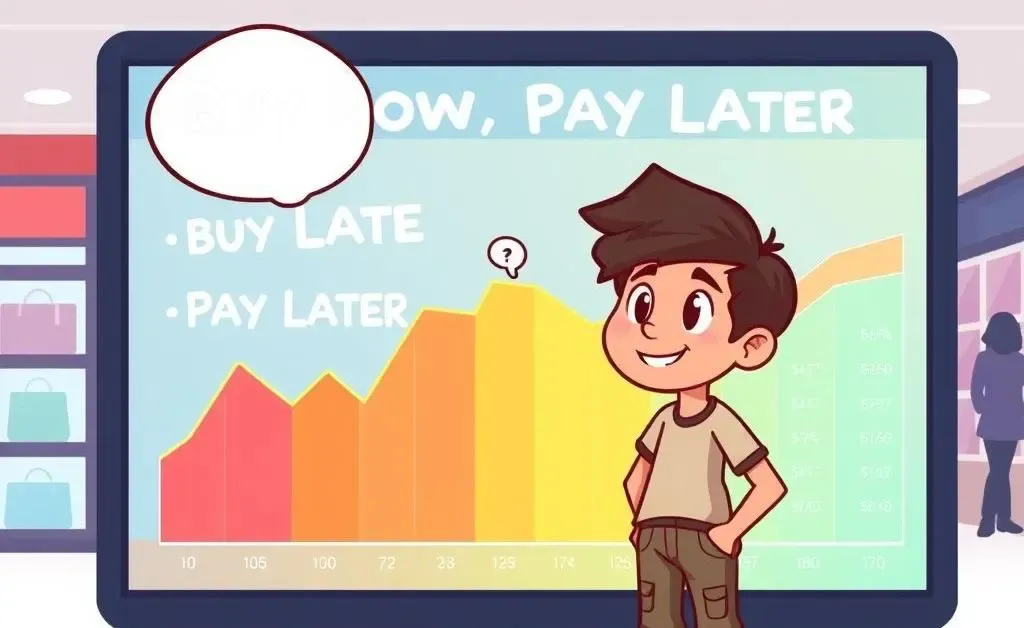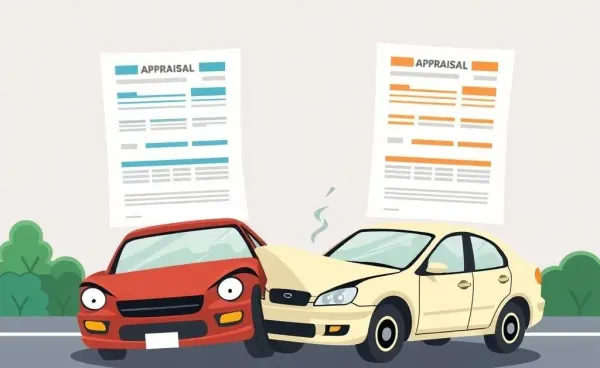Is Buy Now, Pay Later Here to Stay? A Fresh Look at BNPL Trends
Discover the lasting impact of Buy Now, Pay Later on personal finances.

Have you ever found yourself standing at the checkout, tempted by those enticing 'Buy Now, Pay Later' (BNPL) options? You're not alone! In recent times, BNPL has turned into a go-to choice for many shoppers looking to spread their payments with ease.
What is Buy Now, Pay Later?
BNPL, as the name suggests, allows you to purchase something and pay for it over time without any interest—if paid on schedule. Imagine buying that dream guitar without feeling the immediate burn in your wallet!
The Growing Popularity of BNPL
There's something incredibly appealing about deferring payments, making high-ticket items seemingly more affordable. Perhaps this is why it’s taken the shopping world by storm. Here are a few reasons behind its rise:
- Flexibility: Offering easy-to-manage installments.
- Appealing to Younger Generations: Especially those who are debt-conscious.
- No Upfront Interest: As long as payments are timely.
Personal Finance Considerations
Let's chat about Jane, a fictional character who loves her tech gadgets. She swayed towards BNPL every time a new device came out, believing it's a commitment-free way to splurge. But as monthly payments accumulated, the financial juggling act started to strain her budget.
Figures like Jane's story highlight the need for careful financial planning. Here are some tips if you're using or considering BNPL:
Financial Planning Tips for BNPL Shoppers
- Track your BNPL commitments alongside other expenses.
- Set reminders to avoid late fees.
- Ensure you have a budget safety net for unexpected costs.
While BNPL can be a handy tool, it’s essential to integrate it thoughtfully into your financial plans. Remember, the ultimate goal is a healthy financial balance.
BNPL's Future: Fad or Fixture?
BNPL could either be a fleeting trend or a permanent fixture in consumer spending habits. So, how do you see it? Is BNPL shaping our buying culture for good, or is it just a fad lurking in the shadow of traditional credit?
Drop your thoughts below! After all, financial discussions should be as inclusive and dynamic as our spending habits.




